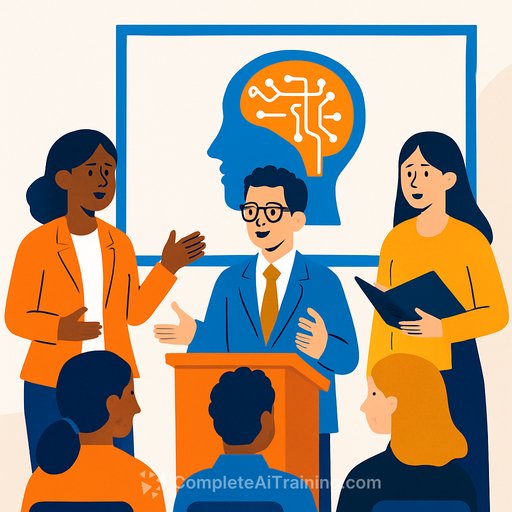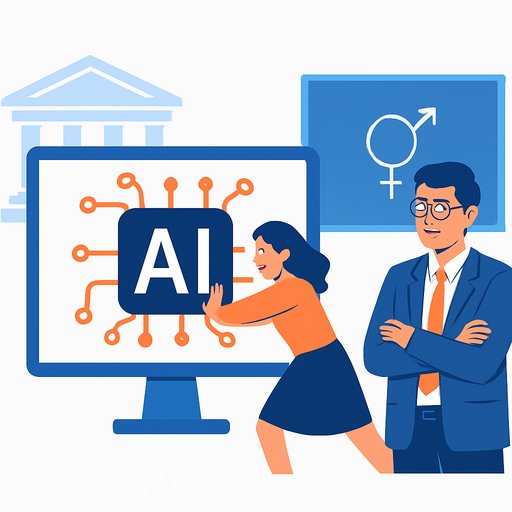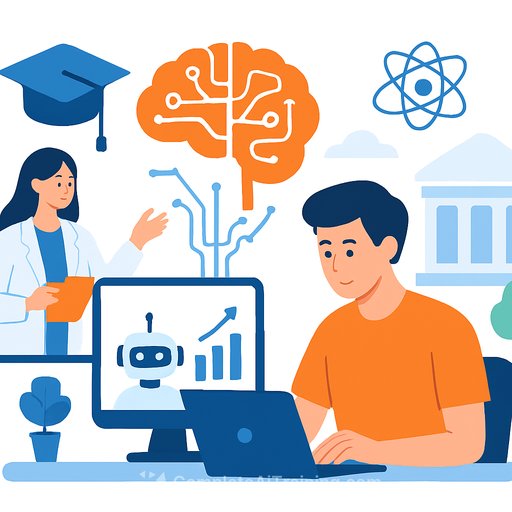Human-centred AI: EI's global conference sets the course for education
Published: 23 September 2025 * Updated: 23 September 2025
Educators have been pushed to the sidelines while tech moves into classrooms. Education International's global conference on human-centred AI puts them back in the decision seat.
On 4-5 December in Brussels, union leaders, educators, and experts will meet to address how AI affects teaching, learning, research, and organising-so education policy is led by professional judgement, not vendor roadmaps.
Why this matters
AI can improve learning, streamline work, and extend research. It can also weaken education as a human right, erode working conditions and professional autonomy, and amplify social and environmental harm.
- Exploitative labour practices in AI development
- Mis/disinformation and political manipulation
- Data extraction without transparency or accountability
- Widening digital divides and inequities
The role of education unions is critical: use what works, block what harms, and keep educators central to every major decision. This connects with EI's Go Public! Fund Education campaign, which puts the profession at the heart of policy and technological change.
Built for every context
Grounded in EI's previous work and World Congress resolutions, the conference advances a human-centred, ethical, rights-based approach to AI: transparent, equitable, high-quality, and supportive of educators-never a replacement.
All EI member organisations are welcome, from highly digitalised systems to contexts where AI is still limited. The goal: shared learning, practical tools, and strategies that work locally and scale globally.
Programme highlights
Expect a mix of keynote sessions and hands-on breakouts across three strands: equity, professional issues, and union strategies.
- Equity: Who controls AI development, how to close digital divides, and ways to prevent AI from deepening existing inequalities
- Professional issues: Using AI to support teachers without undermining autonomy; safeguarding research and academic freedom
- Union strategies: Regulatory frameworks, guardrails, organising, and social dialogue that keep classrooms democratic and learner-centred
Outcomes you can use
- Clear policy positions that defend rights, quality, and inclusion
- Practical tools for collective bargaining and social dialogue on AI
- Guidance to build AI literacy that serves democratic education
- A network of peers to share models, frameworks, and playbooks
Who should attend
- Union leaders and organisers
- Teachers, professors, and education support personnel
- Researchers and policy advisors
How to take part
If you have questions or need help with registration, contact conference@ei-ie.org.
Further resources
- UNESCO guidance on AI in education
- OECD AI Principles
- Structured AI literacy paths for education roles
Educators know what quality learning looks like. This conference ensures their expertise directs how AI is used in classrooms, campuses, and research-so education stays inclusive, democratic, and fundamentally human-centred.
Your membership also unlocks:






